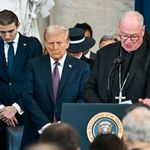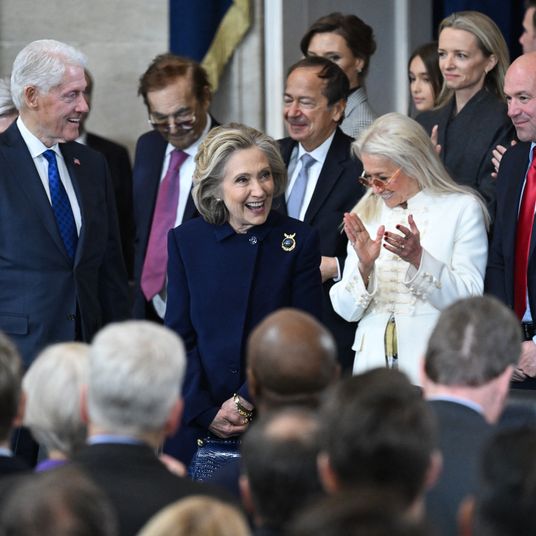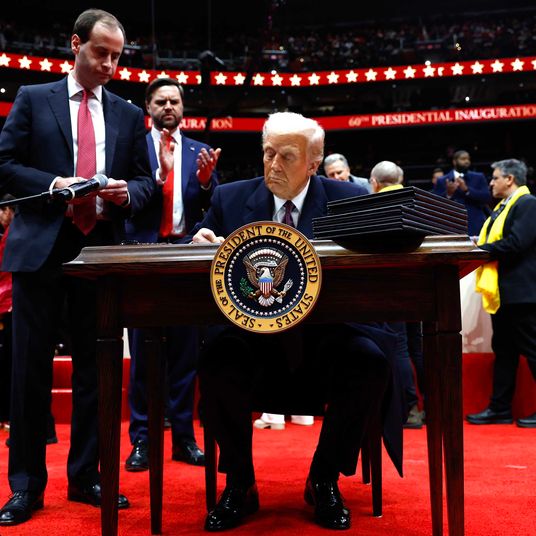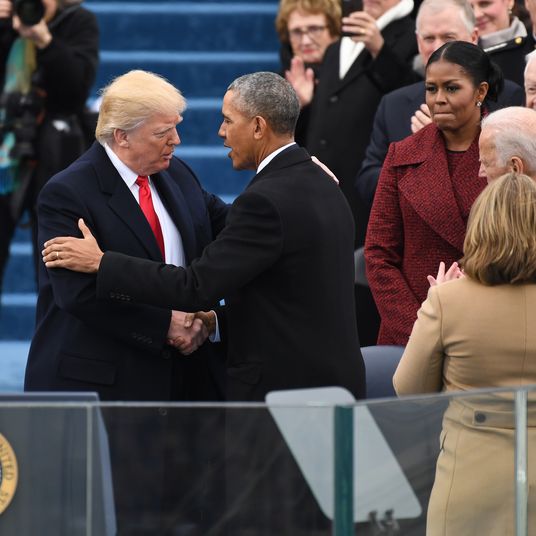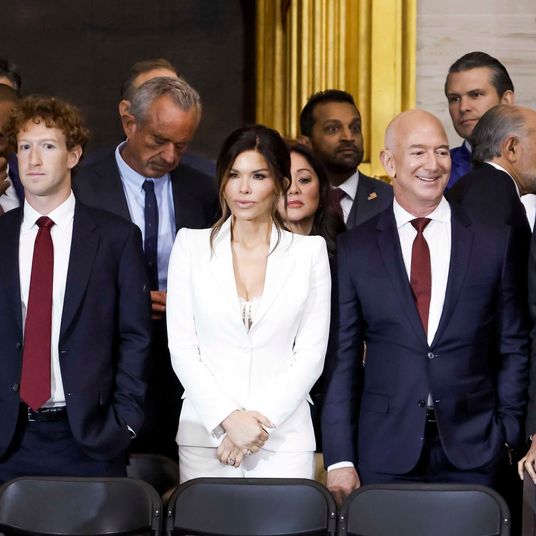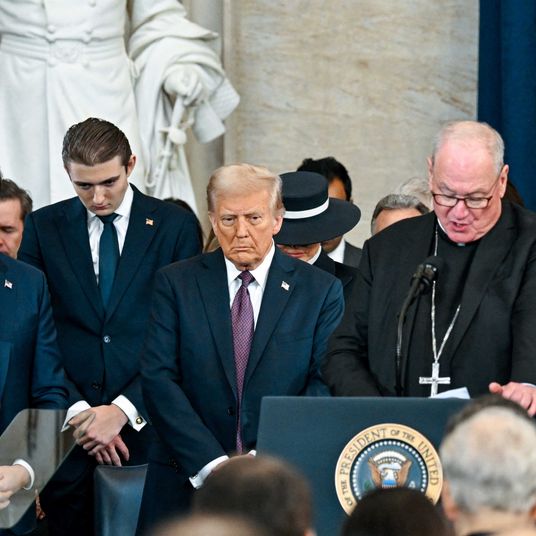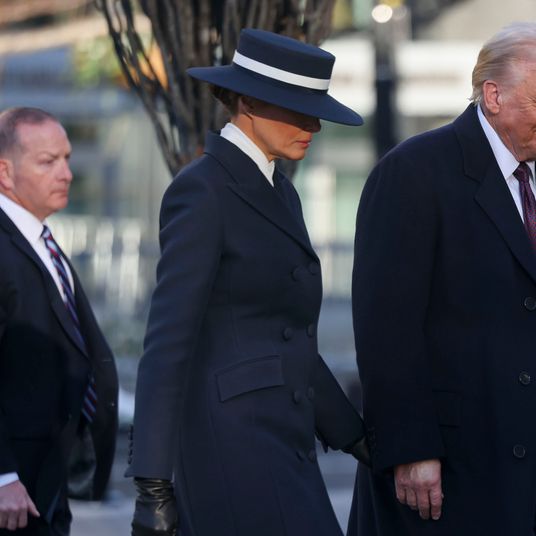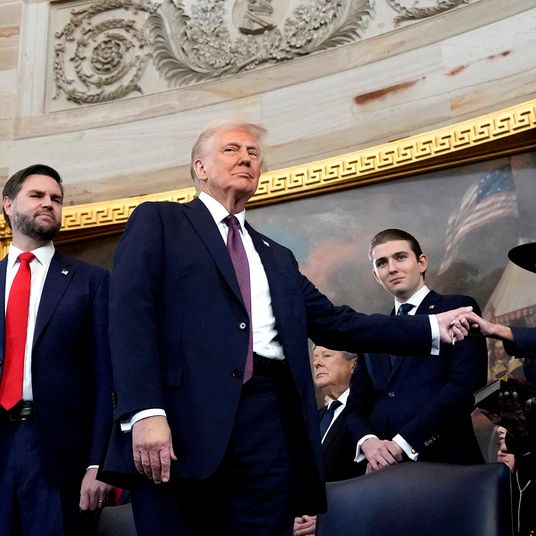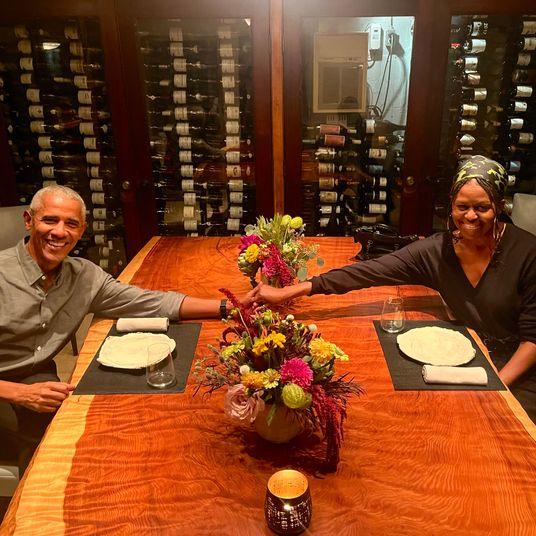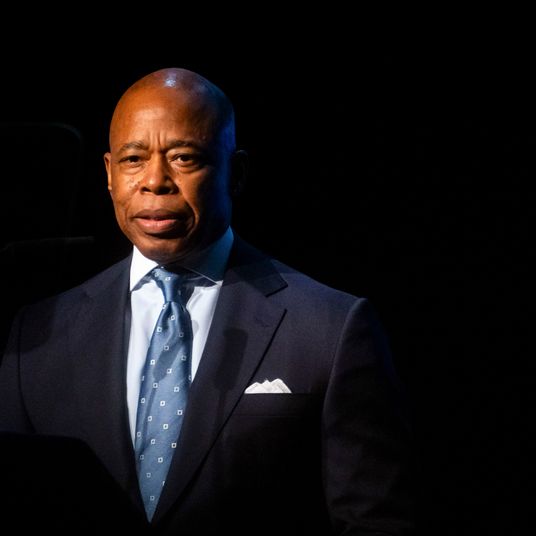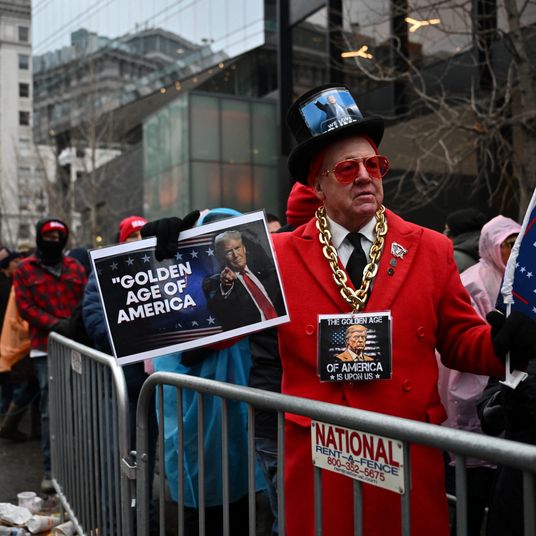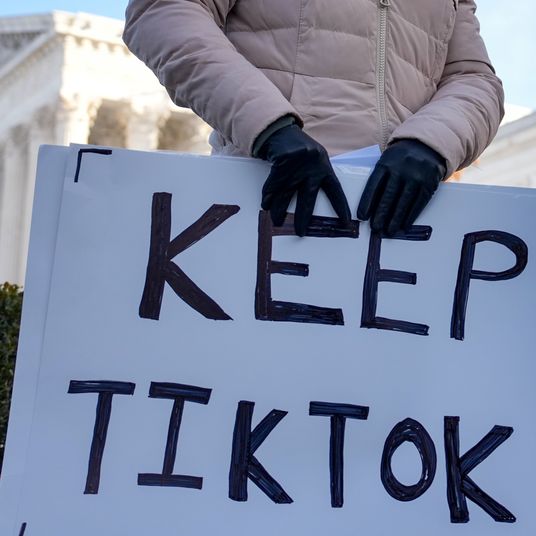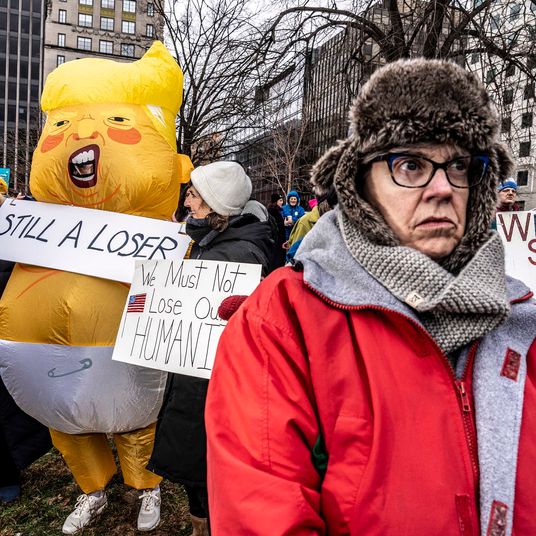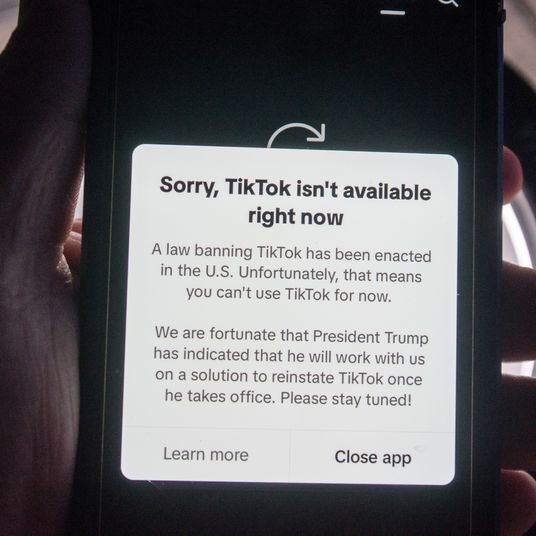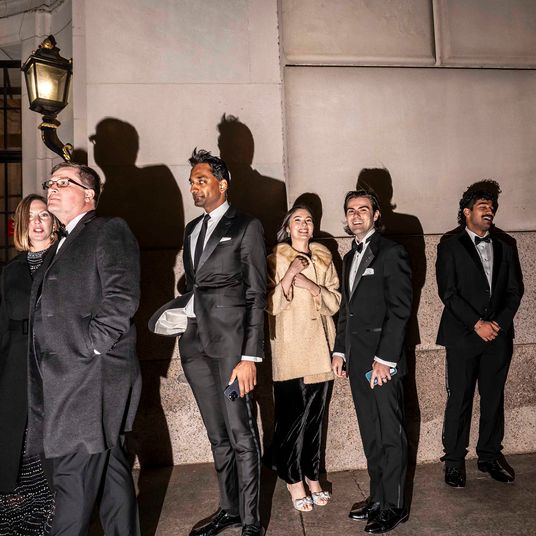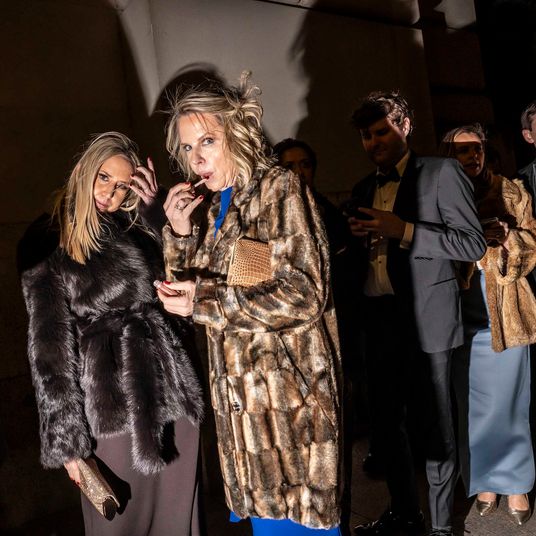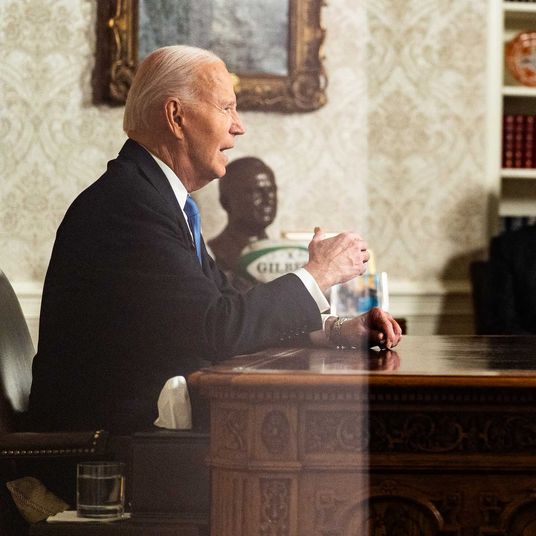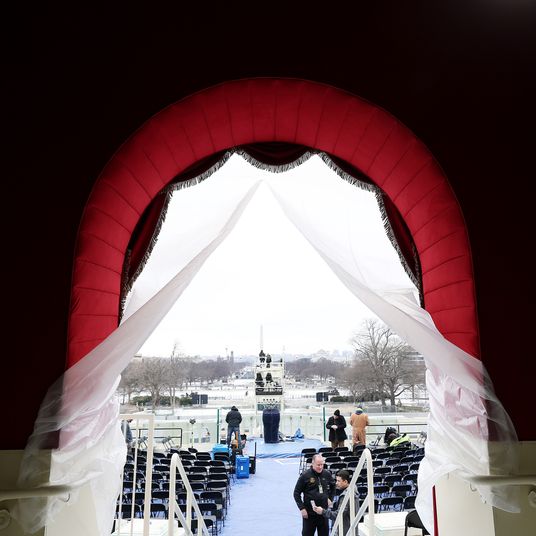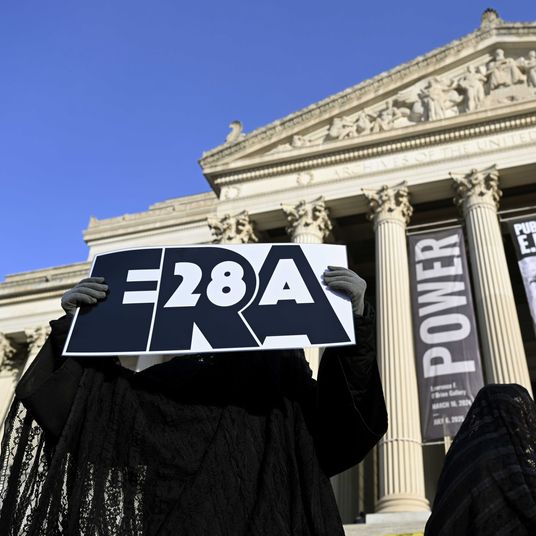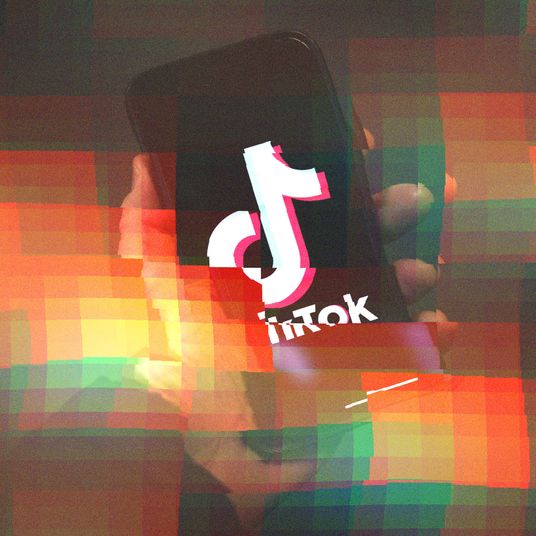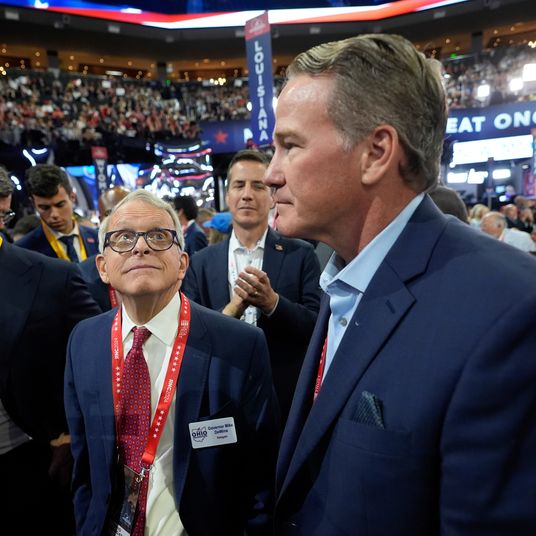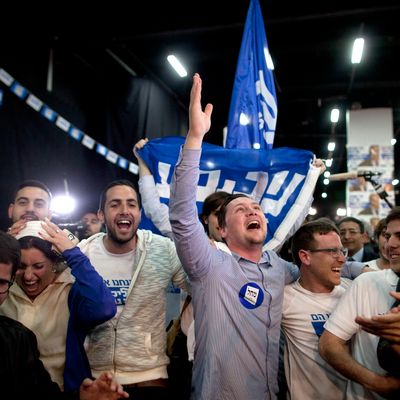
The music kept blaring and their supporters tried to find a positive spin, but it was hard to mask the sense of disappointment at the Zionist Union’s Election Night party in Tel Aviv.
The prevailing mood for days had been one of optimism: The party, a center-left coalition led by Labor Party chief Isaac Herzog and former Justice minister Tzipi Livni, had a four-seat advantage in the final pre-election polls. The public had soured on Prime Minister Benjamin Netanyahu and his Likud Party. Likud strategists feared a washout, with an internal party poll showing them as low as 17 seats.
But around 9 p.m., an hour before polls closed, rumors started circulating through the crowd: Netanyahu had turned it around. Outside the hall, a campaigner pulled aside a Knesset member: “It’s a tie,” she said, a grim look on her face.
Final results will not be published for a week. Exit polls, though, showed a 27–27 tie between Likud and the Zionist Union, or a one-seat advantage for Netanyahu, a remarkable turnaround. [Update: In a shocking twist, Likud pulled ahead overnight, taking 30 seats to the Zionist Union’s 24 and giving Netanyahu a decisive victory.]
Both men will struggle to form a strong coalition; Netanyahu closed the gap, in part, by stealing votes from his allies on the right. Still, it is hard to see the results as anything but a defeat for Herzog. The arena booked for his victory speech never filled up; a few dozen supporters danced awkwardly in the center, surrounded by hundreds of empty seats. The optimism was gone.
His supporters found a few bright spots: For one, the Zionist Union’s 27-seat haul was better than most surveys had predicted. “We achieved something extraordinary today,” Herzog said when he finally emerged to speak after midnight. “Since the elections of 1992 … we haven’t achieved such a result. This enables us to return to power.”
Hilik Bar, the Labor Party’s secretary-general, said the rough balance between the left- and right-wing blocs leaves Herzog with a shot at forming a coalition. “Something is going to change here. The right-wing bloc still shrunk, despite all the weeks of incitement,” he said.
All of the party leaders will meet with President Reuven Rivlin on Wednesday and recommend a candidate for prime minister; he will have the first shot at forming a government. Herzog will focus his efforts on two party leaders in the coming days.
One is Moshe Kahlon, a popular ex-Likud minister now heading his own centrist party. His 10 or 11 seats will decide which camp takes the lead. So far, he is elusive: He called Netanyahu and Herzog shortly after the polls closed and declined to endorse either, saying he would defer his decision until final results are published.
The other is Ayman Odeh, the head of the Joint List, a coalition of Arab parties that ran together for the first time, and could use his projected 13 seats to support Herzog from outside the coalition.
This election was largely a referendum on Netanyahu, who has held his job for a total of nine years. He has become almost the sole face of his party, staring down from banners and billboards across the country, and Likud activists feared his unpopularity would lead many fatigued voters to stay home.
He closed the gap by swinging hard to the right in the campaign’s final days, renouncing his support for Palestinian statehood by declaring it “no longer relevant” in a chaotic Middle East.
On Election Day he turned to a more sordid tactic. There were early reports of high turnout in Arab communities, where the Joint List said 10 percent of voters had gone to the polls by 10 a.m., triple the number from 2013. Likud quickly sent a mass text message to its supporters warning, “Arabs are going in droves to the polls.”
The overt appeal to racism brought a surge of last-minute supporters to the polls. “We need a right-wing government, or Buji is going to let the Arabs run wild in the Knesset,” said Dvir Amar, 23, a student in the southern city of Sderot, referring to Herzog by his nickname.
They were hardly enthusiastic. A certain archetype of voter emerged throughout the day in Likud strongholds: grim-faced, rushing away from the polling station, as if he’d just done something distasteful. “I didn’t vote for any person. I voted Likud, but it wasn’t for him,” said one man in Ashdod. “It had to be done,” shrugged a voter in Sderot.
The results are hardly a strong mandate for Netanyahu, giving him barely one fifth of the 120-member Knesset, not a ringing endorsement for an incumbent. Rivlin has said before that he will push for a unity government between Netanyahu and Herzog. It seems unworkable; the two men have divergent views on the economy, to say nothing of the peace process with the Palestinians. Yet it would offer Herzog a senior cabinet post, a chance to burnish his national credentials ahead of the next election, which will come sooner rather than later.
Netanyahu claimed victory in his own speech on Tuesday night. Beneath the rhetoric, though, both men know such claims are premature. Exit polls showed a far-right party, Yachad, below the electoral threshold, but its percentage is slowly rising as ballots are counted. If it reaches four seats and enters the Knesset, it would be the final nail in Herzog’s coffin, giving Netanyahu a clear path to a right-wing coalition. Their fates will not be decided for another week.
“You can all go home now and get some sleep,” Herzog told his supporters, who dutifully complied. “There won’t be any decisions made tonight.”


